2024 Kazan universities: what impedes technical education in Tatarstan from becoming elite
One can study technical specialities an employer needs by paying huge money or successfully passing Unified State Exams (USE)
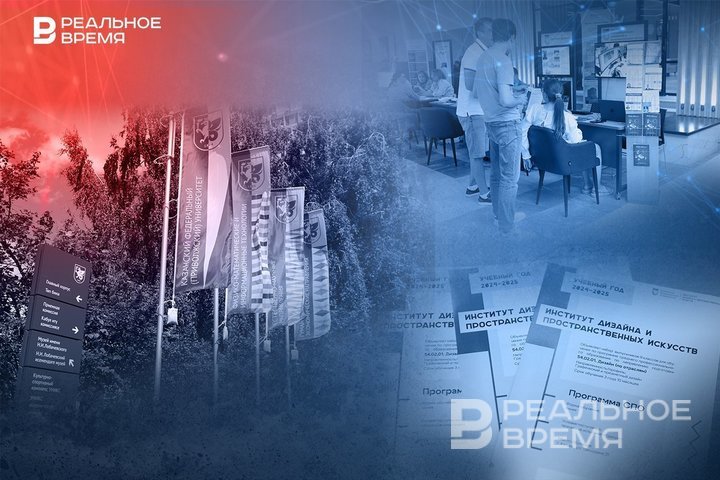
A school graduate with two Fs and one hardly obtained D for the USE in 2024 can easily study Applied Informatics and Use of Transport and Technological Machines and Complexes at Kazan Agrarian University paying for tuition. Read more about the reduced pass score for those applying to Kazan universities to study traditionally complex professions requiring good knowledge of precise sciences, the most expensive technical education and who of the would-be tech savvies will, perhaps, be right when choosing a profession in Realnoe Vremya’s report.
We can even build a house
Architecture at Kazan State University of Architecture and Engineering became the most unattainable for those willing to study at the state’s expense but quite affordable for those who are ready to pay. A candidate had to obtain 400 points in total for two USEs (Maths and Russian), three creative exams and points for individual accomplishments in 2023. Now one can get one of 46 “free” seats by taking one creative exam — drawing. There are 150 seats with a tuition fee, while the lowest threshold for this speciality for those willing to pay 162,000 rubles is just 114 points.
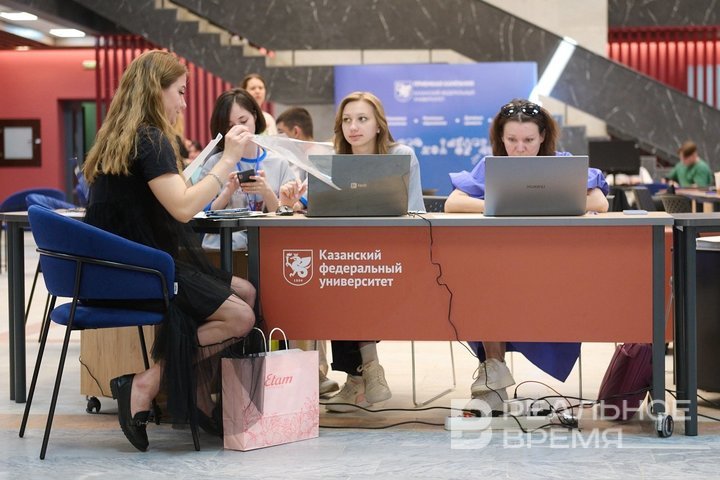
The same Kazan State University of Architecture and Engineering in Urban Engineering is second.
Kazan Federal University (Information Systems and Technologies) and Kazan Aviation Institute (Software Engineering) shared third position in this system of classification. However, with three D scores (109 points) and 235,000 rubles in the pocket, one can apply for Information Systems and Technologies at Kazan Federal University and quite solid D scores (138 points) and 172,000 rubles — for Software Engineering at Kazan Aviation Institute.
Not a matter of price?
Tuition fees for engineering and technical specialists rose insignificantly in Kazan universities since 2023 compared to humanities: by 4-25%. Kazan Federal University is a record-holder where Information Security is 25.7% more expensive, Software Engineering is 21.6% up, Information Systems and Technologies is 15.8%.
The biggest rise in tuition for Applied Maths is at Kazan State University of Architecture and Engineering — 18-20%. Prices for tuition of engineers at Kazan National Research and Technological University increased by 4.5-10%, by 9.5-10% at Kazan State University of Architecture and Engineering, by 4.3-5% at Kazan State Agrarian University. While Kazan Aviation Institute turned out to be the most modest one where the annual price rise was 2.7-4.8%.
Accessibility records
From a perspective of the score required to study at the state’s expense, Agricultural Production and Processing at Kazan State Agrarian University (110 points) and Electrical Engineering and Electrical Equipment (122 points) and Thermal Energy and Thermal Equipment (124 points) at Kazan State Power Engineering University became the most accessible. These two universities set a kind of accessibility record in tuition: one can apply for Applied Maths and Use of Transport and Technological Machines at Kazan State Agrarian University by scoring just 85 points and paying 120,000 rubles.
School graduates with 103 points and 163.000 rubles will be admitted for Applied Informatics at Kazan State Power Engineering University, with 109 points for the same speciality at Kazan Federal University (for 190-235,000 rubles), with 109 points and 188-228 rubles at Kazan National Research and Technological University.
One can become a manager in housing utilities at Kazan State University of Architecture and Engineering for free by scoring 237 points in three subjects or paying 142,000 rubles and passing the bar of just 109 points.
Conversion of points into rubles
At a briefing dedicated to the admission campaign in Tatarstan universities on 25 June, Rector of Kazan Federal University, which used to be very prestigious and unattainable for bad school graduates, Lenar Safin said that the university had been attracting A graduates with big money since the previous year:

Rector of Kazan National Research and Technological University Yury Kazakov emphasised that his university chose the strategy of improving the quality of education and added that admission figures were reduced for this:
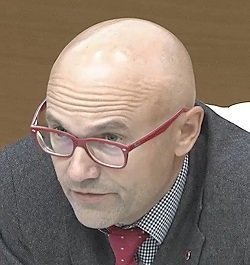
Rector of Kazan State University of Architecture And Engineering Rashit Nizamov talked about a serious stiff fight for school graduates between Russian technical universities and added that the university had good prerequisites for it not to lose in it. He highlighted with pride:
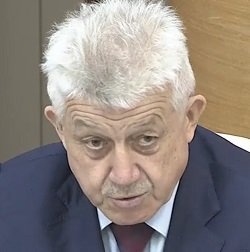
IT and nanotechnologies in demand
Almost all Kazan universities admit school graduates to IT specialities and the most claimed professions nowadays.
School graduates certainly should fight for these jobs: according to results of Staff Equipment in the Economy: on Key Structural Imbalances published by the Centre for Macroeconomic Analysis and Short-Term Forecast, an acute deficit of such specialists is predicted in the short run. Experts of the centre think only 45% of the demand for this group of specialities will be met.
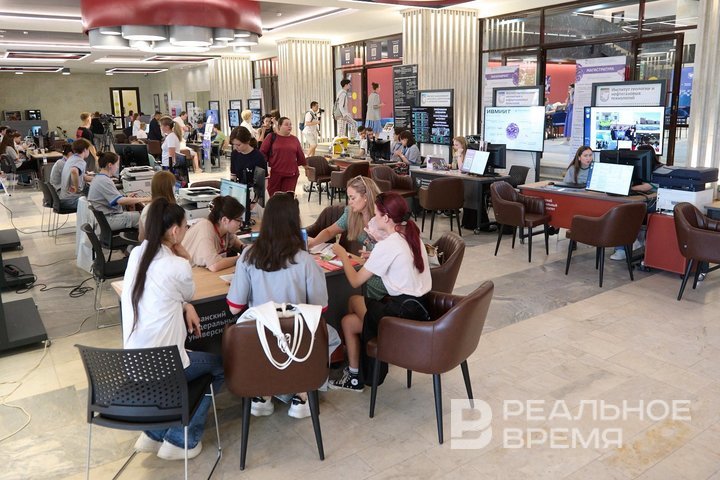
Those who want to dedicate their professional activity to nanotechnologies and nanomaterials will not suffer from unemployment: 60% of the demand will be met. And the school graduates who chose Informatics and Computing Equipment also have good prospects: 80% of the demand for them will be satisfied.
While the surplus of specialists in chemical technologies, electrical and thermal energy and some other technical specialists is already seen — there are more graduates for one vacancy than needed.
Where 50% selection comes from
Experts think there is another serious issue related to the quality of school education. USE points are needed to apply for a “good” technical speciality. And real knowledge about precise sciences and the ability to use them are needed to study and consequently apply it.

As a result, he concludes that school graduates take USEs in IT whose results are admitted when applying for technical specialities and then they have to somehow study.
“This is the situation across the country, in all the regions,” Lopatin emphasised. “And this didn’t happen now, though the ration as early as 10 years ago was different — more graduates took exams in Physics, Maths and less did IT and social sciences. Not that children ‘don’t want,’ they cannot apply for engineering jobs, it is not their fault because if you are an engineer, technician, you need Physics, not IT.”
Yakov and Partners consultancy’s research illustrated what this trend is leading to. The study was done on the basis of monitoring school graduates’ employment. According to the experts, only half of those who applied for IT specialities at the state’s expense successfully obtain a Bachelor’s degree, the share of such people among those paying for tuition is much lower. The fact that the employment rate of IT graduates is higher than on average in other specialities, while 38% of them are hired by the time of obtaining their diploma, which can be comforting.